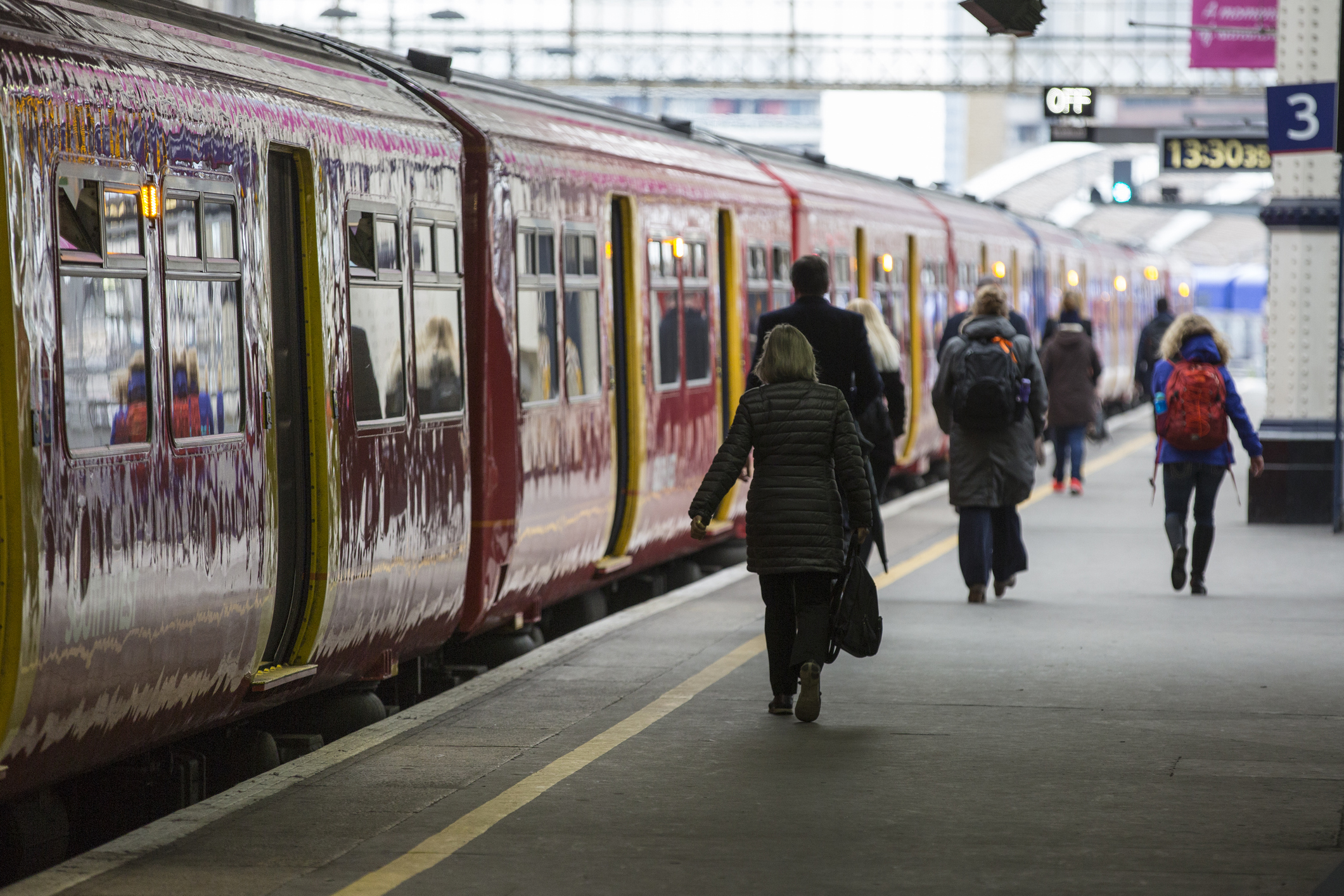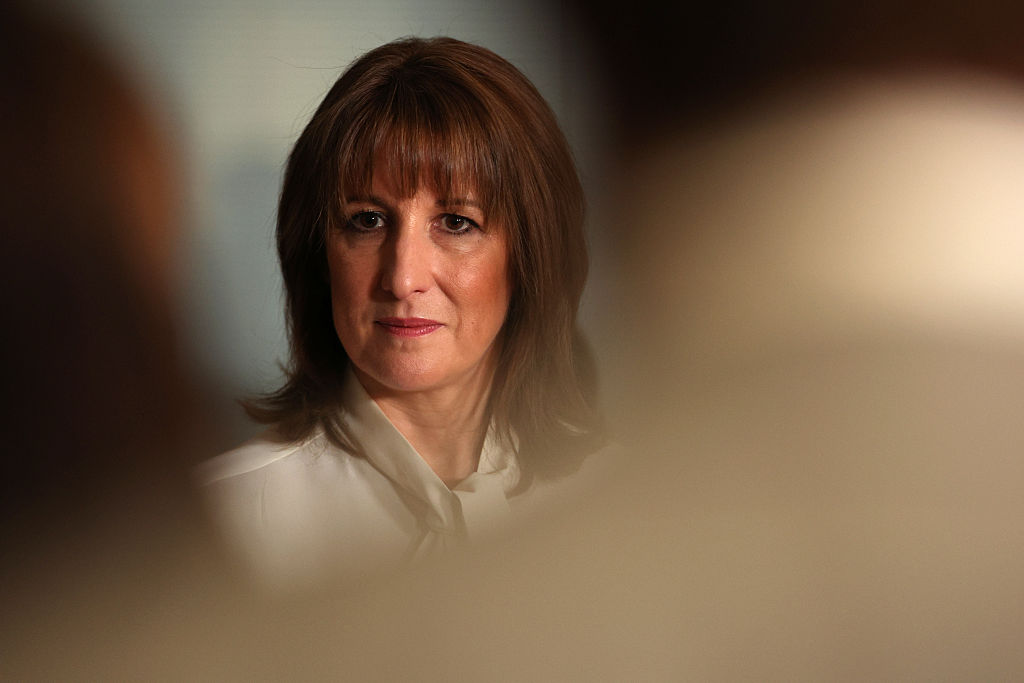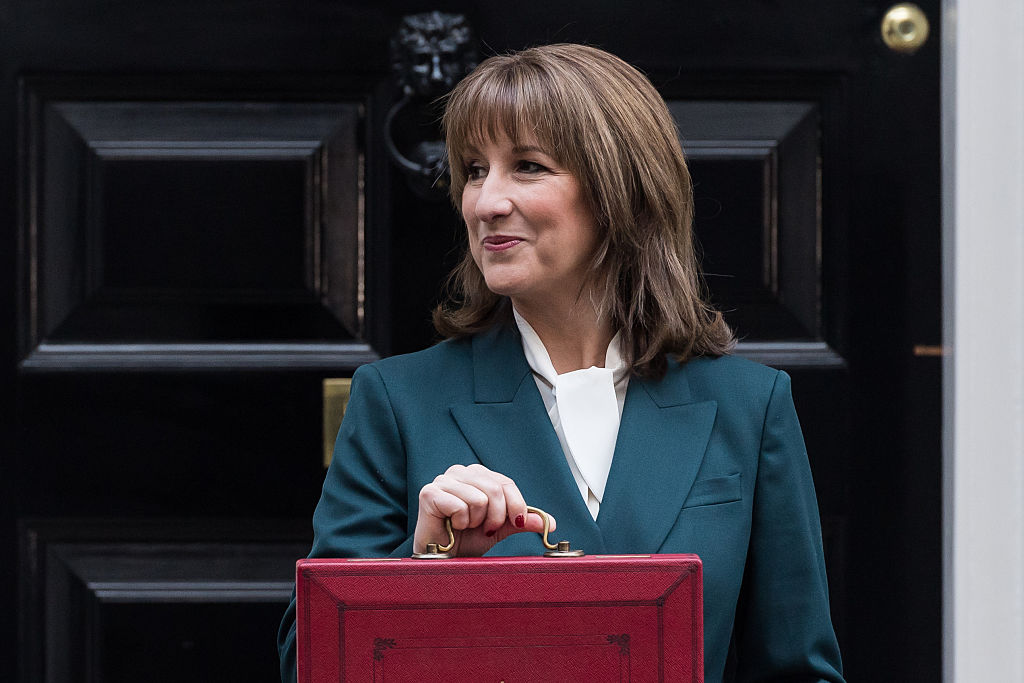Rail fares to be frozen for first time in 30 years – how much could you save?
Chancellor Rachel Reeves will use her Budget to freeze rail fares but the savings could be offset by tax rises


Get the latest financial news, insights and expert analysis from our award-winning MoneyWeek team, to help you understand what really matters when it comes to your finances.
You are now subscribed
Your newsletter sign-up was successful
Want to add more newsletters?

Twice daily
MoneyWeek
Get the latest financial news, insights and expert analysis from our award-winning MoneyWeek team, to help you understand what really matters when it comes to your finances.

Four times a week
Look After My Bills
Sign up to our free money-saving newsletter, filled with the latest news and expert advice to help you find the best tips and deals for managing your bills. Start saving today!
Millions of commuters are set for a boost after the government said it will freeze rail fares for the first time in 30 years.
There were fears that rail fares could rise by 5.8% next year as they are usually calculated using Retail Prices Index data plus one percentage point. RPI came in at 4.8% in July.
But, ahead of the Autumn Budget in November, the chancellor Rachel Reeves confirmed fares would be frozen for the first time in three decades.
MoneyWeek
Subscribe to MoneyWeek today and get your first six magazine issues absolutely FREE

Sign up to Money Morning
Don't miss the latest investment and personal finances news, market analysis, plus money-saving tips with our free twice-daily newsletter
Don't miss the latest investment and personal finances news, market analysis, plus money-saving tips with our free twice-daily newsletter
The Treasury said commuters on more expensive routes will save more than £300 per year.
Reeves said the decision to announce the freeze would ease the pressure on household finances and make travelling to work, school or to visit friends and family ‘that bit easier’.
How much will rail fares cost?
Transport costs make up 12% of household spending, the Treasury said, so any reduction will be welcomed by commuters.
The freeze will apply to all regulated fares, including season tickets, peak returns for commuters and off-peak returns between major cities, benefitting more than a billion passenger journeys across England.
According to Treasury calculations, a typical commuter travelling to work three days a week using flexi-season tickets will save £315 per year travelling from Milton Keynes to London, £173 per year from Woking to London and £57 per year for routes from Bradford to Leeds.
The Railways Bill being introduced in Parliament will also create Great British Railways (GBR), a new publicly owned company, that will run and manage the tracks and trains.
There are also plans to invest in tap in tap out and digital ticketing, alongside investing in superfast WiFi on the railway.
Transport Secretary Heidi Alexander said: “We all want to see cheaper rail travel, so we’re freezing fares to help millions of passengers save money.
“Commuters on more expensive routes will save more than £300 per year, meaning they keep more of their hard-earned cash.
“This is part of our wider plans to rebuild Great British Railways the public can be proud of and rely on.”
Will the rail fare freeze benefit consumers?
Ben Plowden, chief executive of the Campaign for Better Transport, welcomed the freeze.
He said: “We know that cost is the number one concern for people wanting to travel by train, so it is very welcome that fares will be frozen next year as we have been calling for.
“As well as helping households with the cost of living, this will enable more people to choose rail, reducing traffic on our roads, benefitting the economy, helping the environment, and connecting communities across the country.”
But the benefits of the freeze really depend on where you live and how much you use the railways.
Not all types of tickets are regulated either. For example, advance purchase tickets, first-class fares and some flexible tickets are set by the operating companies.
The freeze also isn’t much use if you commute on the London Underground. Transport for London fares are set by the Mayor of London so commuters in the capital may not feel the full benefits, especially as prices already rose by 4.6% in March.
London tube fares to rise
Though train fares are frozen, London Tube fares are set to rise by an inflation-busting 5.8% in March 2026. London mayor Sadiq Khan said the national rail fare freeze would not be mirrored in Transport for London fares.
The increase in spring will see a typical £4 tube fare rise to £4.25. Exact details of the new fares are likely to be published before Christmas.
A spokesperson for the Mayor of London said: “TfL and the Mayor are in close conversation with (the) government on fares and will confirm plans for future fares in due course.”
Get the latest financial news, insights and expert analysis from our award-winning MoneyWeek team, to help you understand what really matters when it comes to your finances.

Marc Shoffman is an award-winning freelance journalist specialising in business, personal finance and property. His work has appeared in print and online publications ranging from FT Business to The Times, Mail on Sunday and the i newspaper. He also co-presents the In For A Penny financial planning podcast.
-
 Should you buy an active ETF?
Should you buy an active ETF?ETFs are often mischaracterised as passive products, but they can be a convenient way to add active management to your portfolio
-
 Power up your pension before 5 April – easy ways to save before the tax year end
Power up your pension before 5 April – easy ways to save before the tax year endWith the end of the tax year looming, pension savers currently have a window to review and maximise what’s going into their retirement funds – we look at how
-
 Rachel Reeves is rediscovering the Laffer curve
Rachel Reeves is rediscovering the Laffer curveOpinion If you keep raising taxes, at some point, you start to bring in less revenue. Rachel Reeves has shown the way, says Matthew Lynn
-
 Investing in forestry: a tax-efficient way to grow your wealth
Investing in forestry: a tax-efficient way to grow your wealthRecord sums are pouring into forestry funds. It makes sense to join the rush, says David Prosser
-
 'Expect more policy U-turns from Keir Starmer'
'Expect more policy U-turns from Keir Starmer'Opinion Keir Starmer’s government quickly changes its mind as soon as it runs into any opposition. It isn't hard to work out where the next U-turns will come from
-
 Rachel Reeves's punishing rise in business rates will crush the British economy
Rachel Reeves's punishing rise in business rates will crush the British economyOpinion By piling more and more stealth taxes onto businesses, the government is repeating exactly the same mistake of its first Budget, says Matthew Lynn
-
 The consequences of the Autumn Budget – and what it means for the UK economy
The consequences of the Autumn Budget – and what it means for the UK economyOpinion A directionless and floundering government has ducked the hard choices at the Autumn Budget, says Simon Wilson
-
 Why UK stocks are set to boom
Why UK stocks are set to boomOpinion Despite Labour, there is scope for UK stocks to make more gains in the years ahead, says Max King
-
 Electric vehicle drivers to be charged new per mile tax from 2028
Electric vehicle drivers to be charged new per mile tax from 2028Electric vehicle drivers will be forced to pay a 3p per mile tax, as taxation will be brought closer in line with petrol and diesel cars
-
 Salary sacrifice cap of £2,000 to be introduced in 2029
Salary sacrifice cap of £2,000 to be introduced in 2029The government says 74% of basic rate taxpayers currently using salary sacrifice will be unaffected by the change